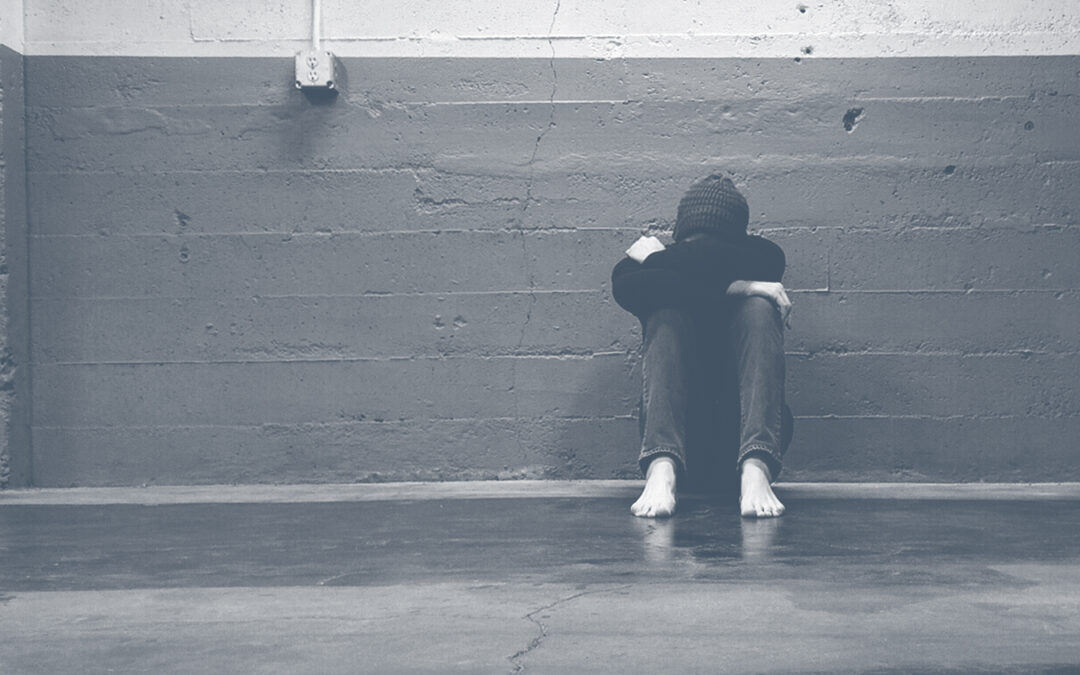Drug Addiction and Anhedonia
Think of some of the things in your life that bring you joy. You probably have a smile on your face just thinking of them. Can you imagine if you suddenly felt absolutely nothing? For some people recovering from addiction, it is a reality called anhedonia.
Dopamine is the ‘feel-good’ chemical in your brain that gives us the warm and fuzzy feeling of joy and happiness. Drug addiction can chemically alter the brain, reducing the amount of dopamine produced and damaging or reducing the number of dopamine receptors. Drug addiction and an inability to feel pleasure many times go hand in hand. Fortunately, anhedonia treatment is available.

Types
Anhedonia, Greek for “without pleasure,” is common in acute and chronic withdrawal from alcohol and opiates. However, it is also seen in users of marijuana and stimulants like cocaine. There are different types of anhedonia.
- Social anhedonia – the sufferer of social anhedonia avoids spending time with others and feels anxiety at the thought of interacting with other people
- Physical anhedonia – this leaves an individual unable to feel the enjoyment of physical sensations like a hug from a close friend or family member, sex or food
Having the support of family and friends is essential, particularly in recovery. It is difficult or impossible for anhedonia sufferers to feel motivated if they can’t derive any pleasure or reward from those healthy and loving relationships. Anhedonia treatment is an integral part of addiction recovery.
Symptoms
The symptoms of anhedonia may look familiar. They are frequently cited as symptoms of major depressive disorder or clinical depression, as well. While there could be other contributing factors that may cause the following symptoms, if you notice one or more of the following in yourself, a friend or a family member, seek help:
- Social withdrawal
- Loss of libido or interest in sex
- Frequent illness
- Negative feelings about self or others
- Seemingly insincere emotions
- Progressive lack of verbal and nonverbal communication
Social withdrawal is a general statement that could cover many other manifestations of the disorder. A formerly friendly or outgoing person that has withdrawn from all relationships or who no longer accepts even casual invitations to get together are both symptoms of a deeper problem. Formerly close relationships may be damaged when the sufferer not only avoids socializing but no longer communicates. Friends or family who are not aware or do not understand the disorder can be left feeling hurt, confused and rejected.
Treatment
Anhedonia treatment is a crucial element for returning the person in recovery to a life where they feel motivated to stay sober. If drugs or alcohol are the only things that bring any feeling of satisfaction or reward, it is challenging, if not impossible, to remain in recovery. Unrecognized and untreated, anhedonia could be a significant factor in relapse. Fortunately, more research has been done in recent years to understand the changes in the brain that lead to addiction and prevent recovery.
Another subversive symptom of anhedonia that could complicate addiction recovery is the inability or extreme difficulty to process new information. Learning about the triggers that could lead to relapse and understanding new ways to cope are vital in learning to live a sober life. Without the ability to accept and process new ideas, the outlook is dismal for recovering addicts. When a recovering addict experiences anhedonia for a year or more after anhedonia treatment has begun, it could indicate an underlying condition in addition to the addiction.
The importance of a holistic treatment plan to not only treat the addiction but the secondary effects that perpetuate the need for the substance is vital for addicts seeking recovery. The inability to feel pleasure is a bleak existence and does nothing to inspire hope of a better life for addicts and alcoholics. Clean Recovery Centers are experienced in treating addiction with anhedonia. If you or a family member needs help, contact them today.


